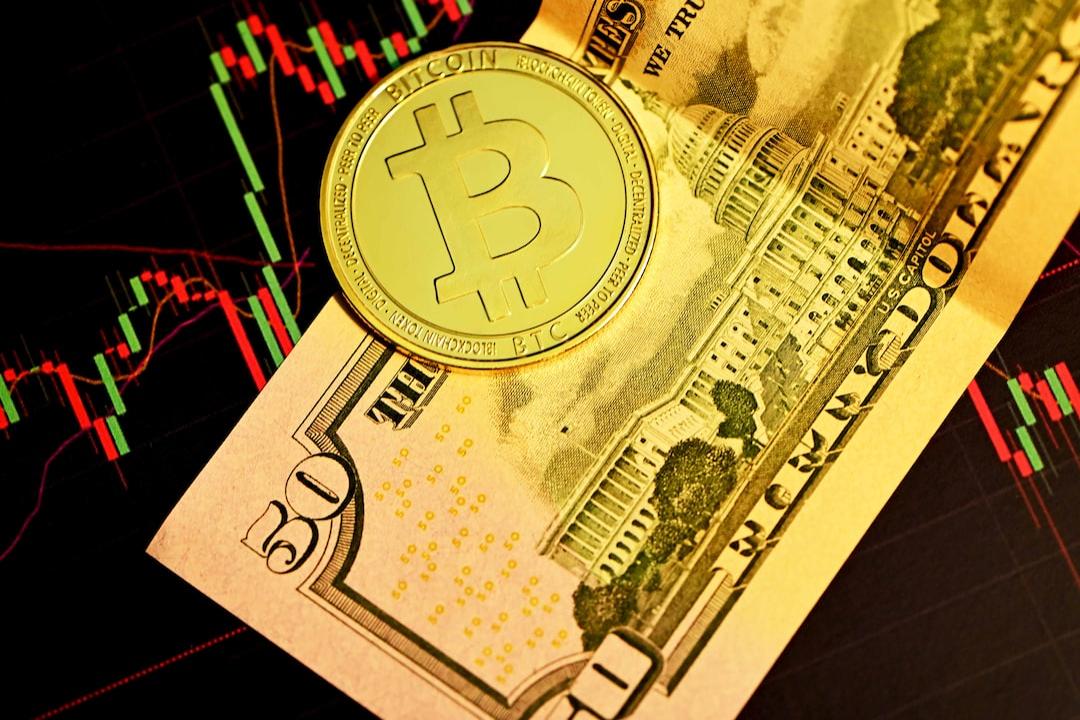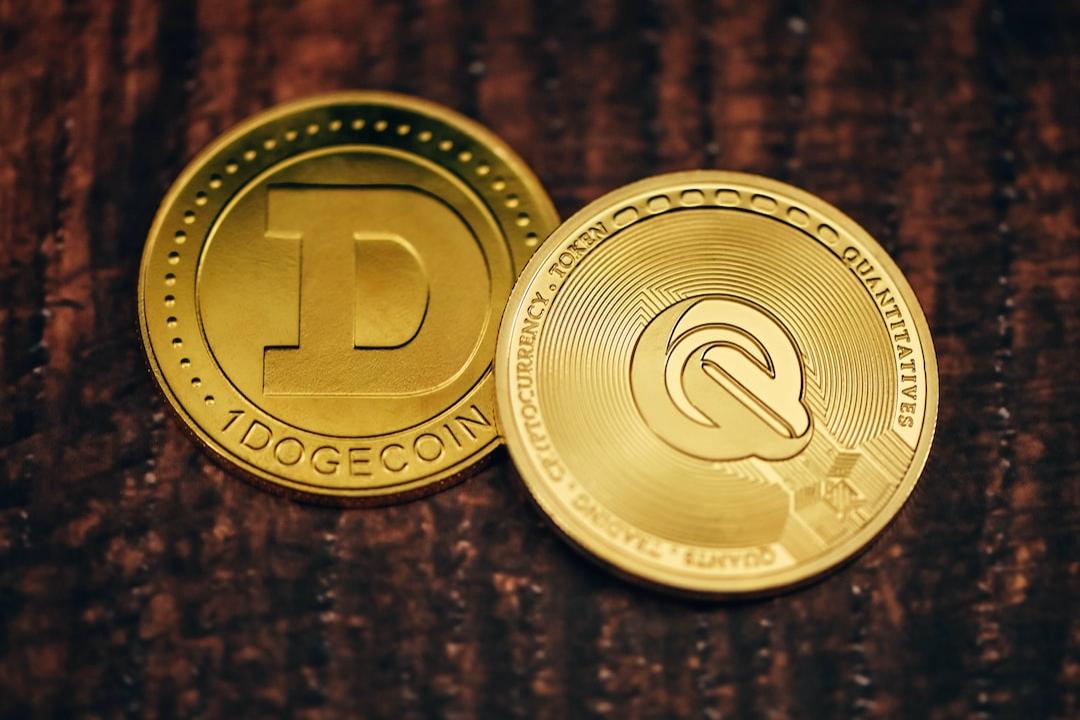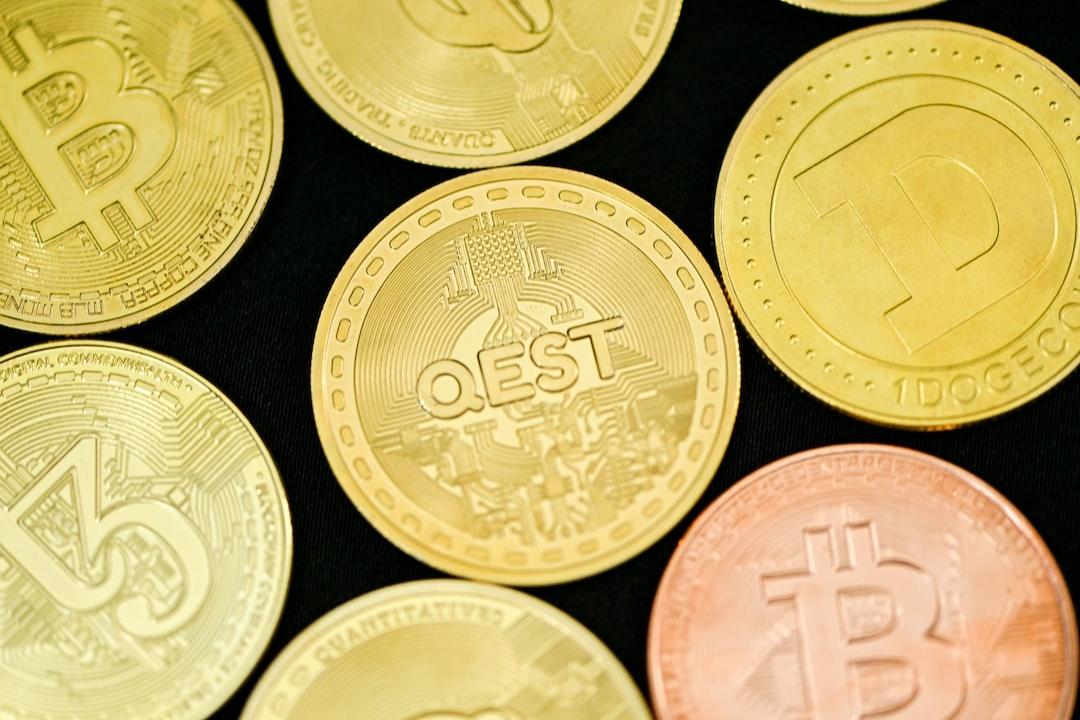Japan’s Financial Services Agency (FSA) Plans to Legally Classify Bitcoin and Crypto as Financial Products
The Financial Services Agency (FSA) of Japan plans to revise the Financial Instruments and Exchange Act so that crypto assets, such as Bitcoin, can be legally recognized as financial products. Crypto will no longer be treated just as digital speculation products but will be regulated like stocks or bonds, under strict legal guidelines.
In its draft, the FSA proposes to regulate crypto asset transactions within the scope of insider trading rules. This means that if someone buys crypto based on confidential information from a company or project before it is publicly disclosed, they will be subject to sanctions. Previously, this rule only applied to securities, but Japan now intends to include crypto in the same regulatory radar.
JUST IN: JAPAN TO LEGALLY CLASSIFY BITCOIN AND CRYPTO AS FINANCIAL PRODUCTS.
Source:@rovercrcpic.twitter.com/gBNtt0GMkI
— Mario Nawfal’s Roundtable (@RoundtableSpace) March 30, 2025
Japan Eases the Path for Web3 Startups and Stablecoin Backers


Interestingly, on March 10, 2025, the Japanese government had already approved a bill that reformed regulations related to crypto brokers and stablecoins. Through this amendment, crypto companies no longer need as complicated permits as exchanges to operate as intermediaries.
Furthermore, stablecoin issuers are granted more flexibility in supporting their coins. They are now allowed to use Japanese and US government bonds as collateral. This not only enhances credibility but also provides a sense of security for investors who are still wary of the volatile crypto world.
When Energy Firms Stock Crypto Like Oil
If you are still doubting whether Japan is serious about crypto, the story of Remixpoint can serve as a reminder. The energy consulting firm reported an increase in crypto asset holdings of more than 8,000% in just nine months, by the end of 2024.
From 68 million yen in March 2024, they ended the year holding 5.8 billion yen in crypto, approximately $38 million. The reason for this? It was a hedge against the weakening Japanese yen.
Imagine if energy companies started buying Bitcoin like they buy oil for stock. This isn’t a whim, but part of a hedging strategy. Are you sure it’s not time to take crypto more seriously?
Circle and USDC Officially Enter Japan Through SBI
On the other hand, stablecoin company Circle, known for its USDC, is also establishing deeper roots in Japan. CNF previously reported that Circle formed a strategic partnership with SBI Holdings and launched Circle Japan KK. Most interestingly, USDC will officially be available in Japan through SBI VC Trade.
This will make stablecoins more accessible and foster blockchain-based financial innovation in the Land of the Rising Sun.
This partnership is not just symbolic; it is akin to injecting high-octane fuel into the Japanese innovation engine. And with more global companies establishing their bases in Japan, it is clear that the country does not want to fall behind in the global Web3 competition.
Tighter Rules, Bigger Players: A New Era for Crypto in Japan
If the FSA’s plan is implemented and crypto is officially categorized as a financial product, the impact could be substantial. Companies wishing to sell crypto will have to comply with stricter disclosure standards, similar to stock issuers. On the other hand, this could attract institutional investors who have been hesitant due to unclear regulations.
However, not everyone may be pleased. There are concerns that overly strict regulations could stifle innovation or hinder small projects still in development. Nevertheless, amid the global chaos of crypto regulation, Japan’s approach could serve as a model for balancing investor safety with the encouragement of innovation.


